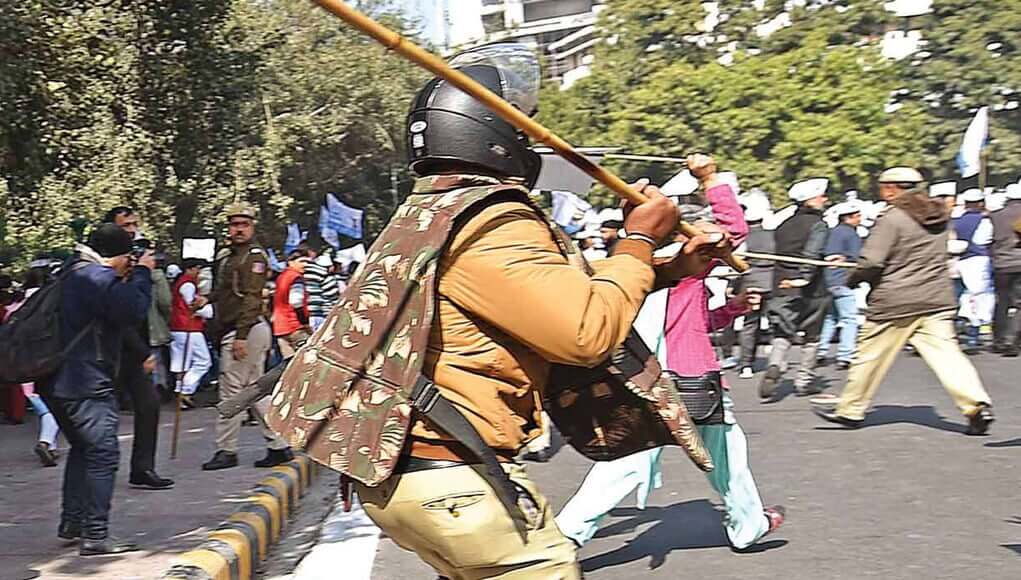May 25, 2020, witnessed the killing of George Floyd by a Minneapolis police officer while arresting him for allegedly using a counterfeit bill. The unfortunate incident which shocked the collective consciousness of the society has revived the black power movement in its extreme form which quaked the White house struggling to suppress the Covid-19 pandemic. The slogan “black lives matter” reverberated across the globe. Floyd’s murder was followed by another murder of the same nature which further fuelled the protest.
Coming to the other side of the globe, in India, a similar case of police violence which brutally took the lives of a father & son was reported in June in Sathankulam, Tamil Nadu. Though all three incidents were independent of each other, there existed common characteristics among the three. First, the victims were tortured to death. Second, the perpetrators were police officers acting in an official capacity. Third, the victim’s right to life & right against torture which is core human rights were violated. Prima facie, the Sathankulam case is similar to that of the ones that happened in the USA, yet, the latter one gained global attention & response whereas the former hardly gained regional attention. The factor that caused the highlight of George Floyd’s murder is the different complexions of the victim & the perpetrator. Had both been either ‘whites’ or ‘blacks’, the incident would be treated as a case of ordinary police violence as happened in Sathankulam case where the issue of ‘color’ or ‘race’ was not a question. It means looking at the US cases through a communal angle is what made it different from the Sathankulam case.
Keeping the color and race factors aside, if we look at these crimes using human rights lens, it would be clear that victims stand at equal footage as they were entitled to human rights, in this context right to life & right against torture, without any discrimination based on race, color, religion, etc. The contention is that all the abovementioned incidents are instances of human rights violations caused by police violence and the debate should be on how to protect human rights and prevent such incidents from happening than prioritizing one incident over the other. Police violence is not only a human rights issue but also a public health issue. Police brutality can cause fatal outcomes like death & reducing the life expectancy of a person and can have both short term and long term effects on the victim’s physical, mental, psychological & emotional health. It also erodes people’s faith in the institution.
The concern is highlighting only black lives and ignoring instances like the sathankulam case would not be an ideal approach to address the issue of police brutality. But by adopting the human rights-based approach, which recognizes police violence as both human right issue & public health issues, and building an effective response system would tackle this issue. Components of the response system include: imparting regular & special training to police officials on human rights; promote community policing; ensure that criminal procedure code is in agreement with core human rights; enact a law that recognizes and enforces right against torture; provide stringent punishment for human rights violations caused by police official; create awareness about rights of the arrested persons and persons in custody; promote & strengthen free legal aid service; establish an independent & impartial police complaint authority in every district; each police officer must be sensitized of the fact that a wrongful act of one official would harm the reputation of the entire institution and erode the confidence of people in the institution.
At last, we must realize that there is no such classification of lives as “black” or “white”. All that is there and what matters is human life and being born as human confers on an individual certain inalienable, indivisible and universal rights called as human rights, the recognition of which is the foundation of freedom, justice & peace in the World (UN Charter).













Comments are closed.